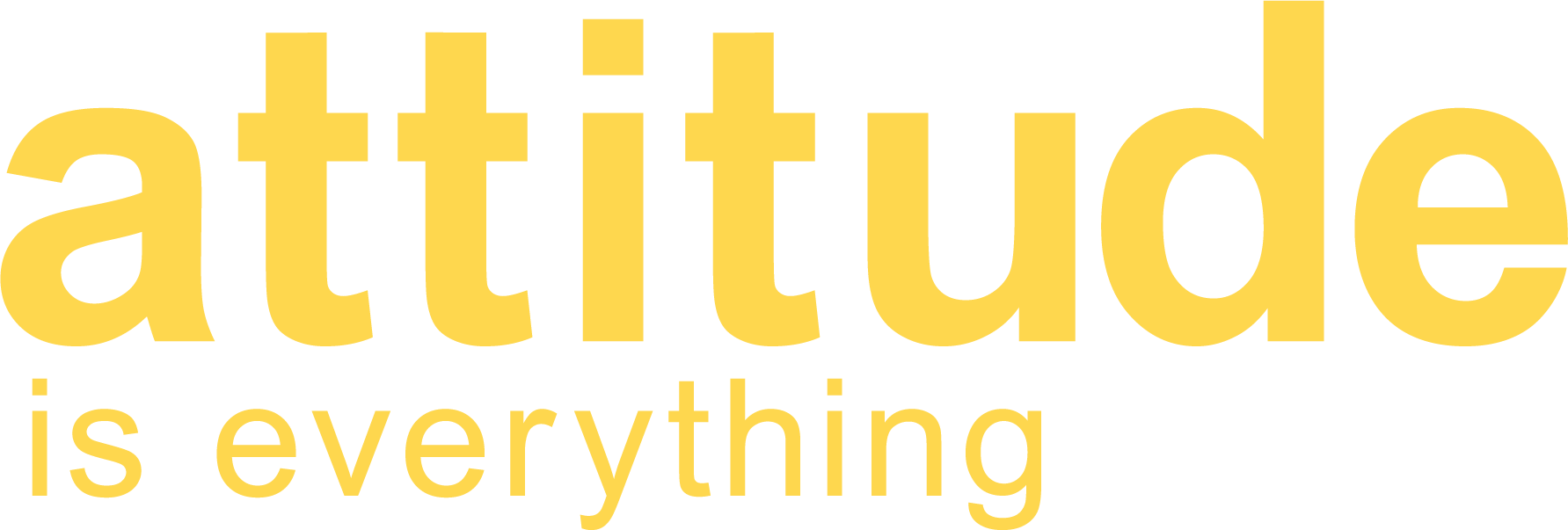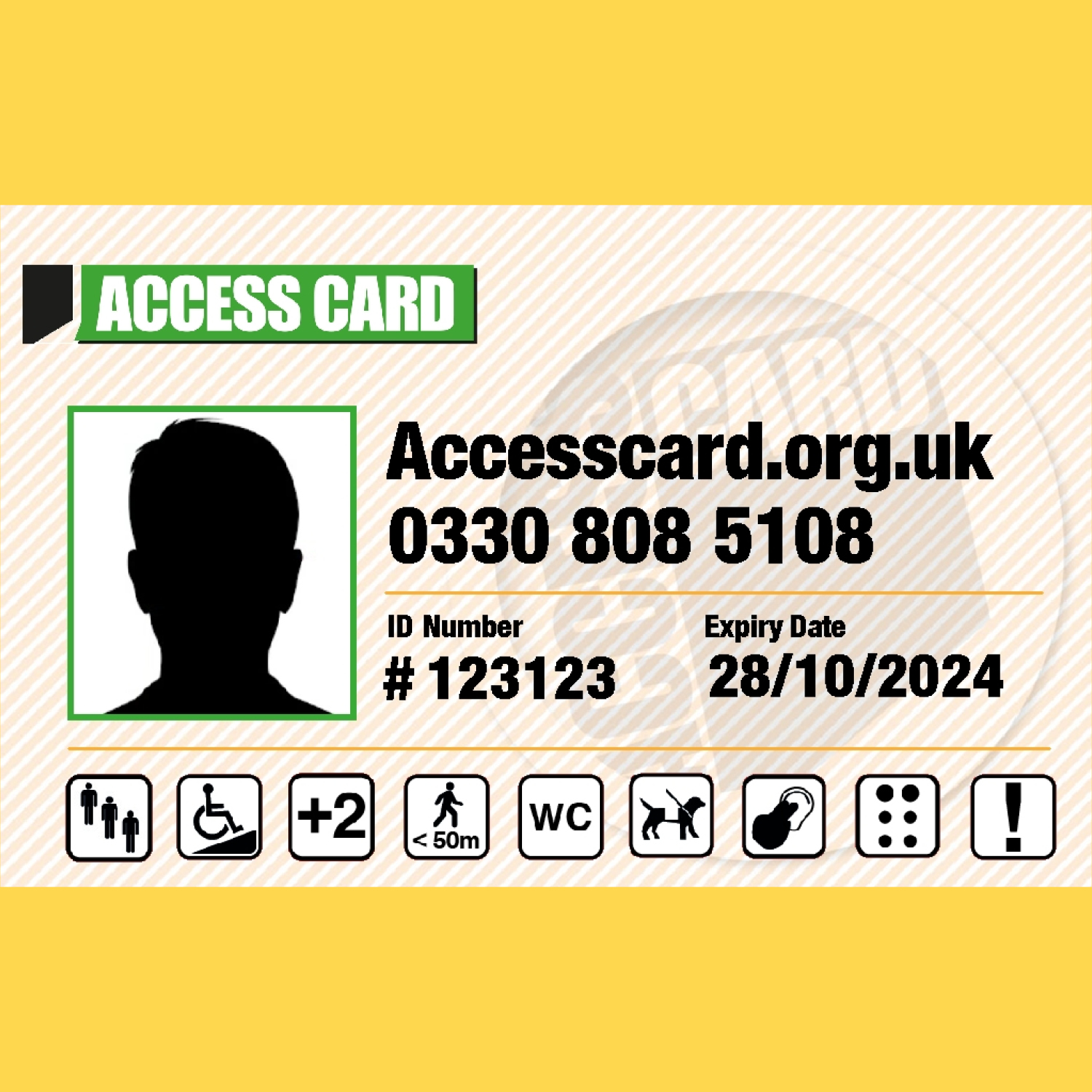Hannah McKearnen
As a person with an invisible disability, my Access Card is invaluable for so many reasons. Prior to my card, my needs were not always met. Without it, it would be much harder to access essential personal assistance tickets or watch safely from the accessible viewing areas.
I bought my card after being told about the scheme by a friend. I’d had a bad experience being questioned on my disability – not just when booking tickets, but again at the door and again when I was inside the venue. The experience knocked my confidence in going out to gigs. Disabled people should not have to worry about being questioned on their disability when they go out to have a good time.
“Disabled people should not have to worry about being questioned on their disability when they go out to have a good time.”
Unfortunately, it is not uncommon for staff members at events to tell me that I do not look disabled, or that my back pack (which carries essential medical equipment and that I am attached to) cannot enter an arena. I’ve even been approached mid-performance. Not all venues and staff are like this, but unfortunately these attitudes do still exist. Whilst proof of disability is necessary it can often be a quite an undignified ordeal.
Before having an Access Card, I would have to take a consultant’s letter (containing very sensitive personal information) as my proof of disability. With my Access Card (validated every three years by a medical professional), I don’t have to divulge any personal information and it lets a venue know how they can meet my needs. It focuses on what needs to be done to remove barriers so that I, and other disabled people, can have an equal and dignified experience from purchasing tickets right through to attending a show.
“With my Access Card, I don’t have to divulge any personal information and it lets a venue know how they can meet my needs.”
The card itself has so much potential for creating equality in accessible ticketing. Not only does it give a proof of disability, but it can communicate a customer’s access requirements without them needing to send long explanatory emails or make multiple phone calls. Just like typing in your credit card number when tickets are purchased, Access Card holders also have their own unique number. This means that venues can see what might need to be put in place before someone arrives.
One size does not fit all. Disability is diverse, and accessibility means something different to everyone but through a combination of symbols on the Access Card, meeting access needs can be made simple. The card gives staff the opportunity to prepare for the customer in advance. When used correctly, the Access Card benefits venues because they know exactly who will be coming on the night and what their access needs will be, and it benefits customers because it makes for a smooth and dignified experience.
Whilst the Access Card is great in theory, I still feel like more awareness of the scheme is needed amongst both customers and venues. Customers are often frustrated because they feel discriminated against when a venue cannot meet their needs or when they are asked to give proof of disability. I know from experience that the card is a great assistance in minimising these frustrations.
Many venues still do not get the most out of the card. In most instances, I send over a scan of my card in order to release my accessible tickets. Without it, the process would be much harder, but it has the potential to do so much more. Once my tickets are bought, the card and all it has to offer is often neglected. The symbols are not always utilised meaning that I still have to explain my needs. Sometimes this means that they aren’t prepared for me – they don’t know I have a back pack, they don’t have any chairs available and staff on the door are not aware that I can’t queue. In many venues, showing your card is not enough as staff members are unfamiliar with it, particularly when outside stewarding firms are used.
With more awareness and further collaboration between venues and ticketing companies the scheme has the potential to make a huge impact on live music experiences for deaf and disabled music fans. I strongly advocate the use of Access Card. It’s part of the armoury that gives me the confidence to continue going to gigs and festivals and I really want to see it more widely used.

